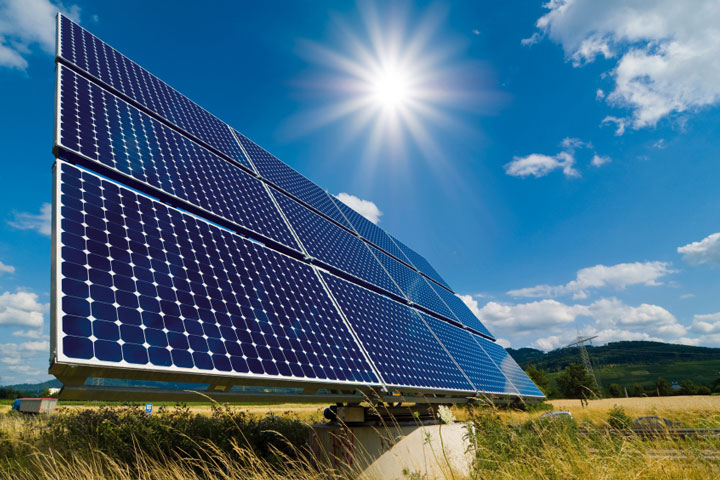Everything is going green these days. We’re all environmentally conscious, and there’s nothing wrong with that. But as a car enthusiast, you might wonder which car will give you the most bang for your buck. Are hybrids and electric engines going to provide you with agility, speed, and horse power? Or will you be left disappointed once you hit the open road? Answering these questions could help you make the decision between fast or slow, and green or well… brown. Take a look at these stats to learn what you need to know about hybrid cars.
Hybrids: The Pros and Cons
We’re all versed on the economic and environmental pros of the Hybrid, but surely stopping to recharge can’t be conducive to a good driving experience. Here are the pros and cons of hybrids.
Pros:
- Better mileage. You spend less on gas and you contribute to a cleaner environment as well.
- Performance. Your performance and agility is just about the same as in a normal car, and new advances in technology are upping speeds and power levels in hybrids as well. The future might hold great things for the hybrid car.
- Great for city driving. Since you can only drive so far without having to recharge, you save more in the city than you do on roads outside of it, and your mileage stays lower.
- Lighter weight. Your hybrid won’t use as much energy to do the same thing as a normal car will because it has a smaller engine. You’re not going to cling to corners as well though.
- Regenerative braking. This encourages gentle braking and braking often. Each time you brake, you recharge your car a little and this allows you to drive for longer periods.
- Resale. Hybrids generally sell for higher values than normal cars do.
Cons:
- Less power. You’ll likely clock 160 km/h in comparison to normal cars which can clock upwards of 220 km/h depending on their make. Hybrids are all about economy rather than speed.
- Bad handling. They’re agile but they don’t cling to the road as well because of how light they are, whereas a normal car usually has better handling in this capacity. With less suspension support, Hybrids tend to float a bit more.
- Maintenance. It will cost a lot more to maintain a hybrid in comparison to a normal car because of specialized parts. While some parts – like the brake pads – can be replaced with ease, the dual compulsion system needs special attention.
- Cost. They’re going to cost you more than a normal car because of their specialized bits and bobs, though you might save more on fuel.

Generally speaking, normal cars handle better, go faster and have more speed, but are going to cost you more on fuel. Luckily, you won’t have to stop and recharge them every five seconds and you can have fun driving long distances. You’ll reach higher speeds and horse power can clock in at 550, whereas hybrids are in the range of 220 – depending on the cost of your hybrid. Normal gas cars are also going to stick to the road better as they have a lower centre of gravity in comparison with hybrids, which have their batteries in the rear rather than the front of the car.
It’s ultimately your decision and it all depends on what you’re looking for. When it comes to power and speed, you might want to consider a normal car. But if you’re into going green and getting around with ease in the city, whether you drive on the right or left side of the road, then the hybrid might just be the choice for you. When it comes to “going green”, you might need to ask yourself which part of that phrase you value more highly: green or go?









